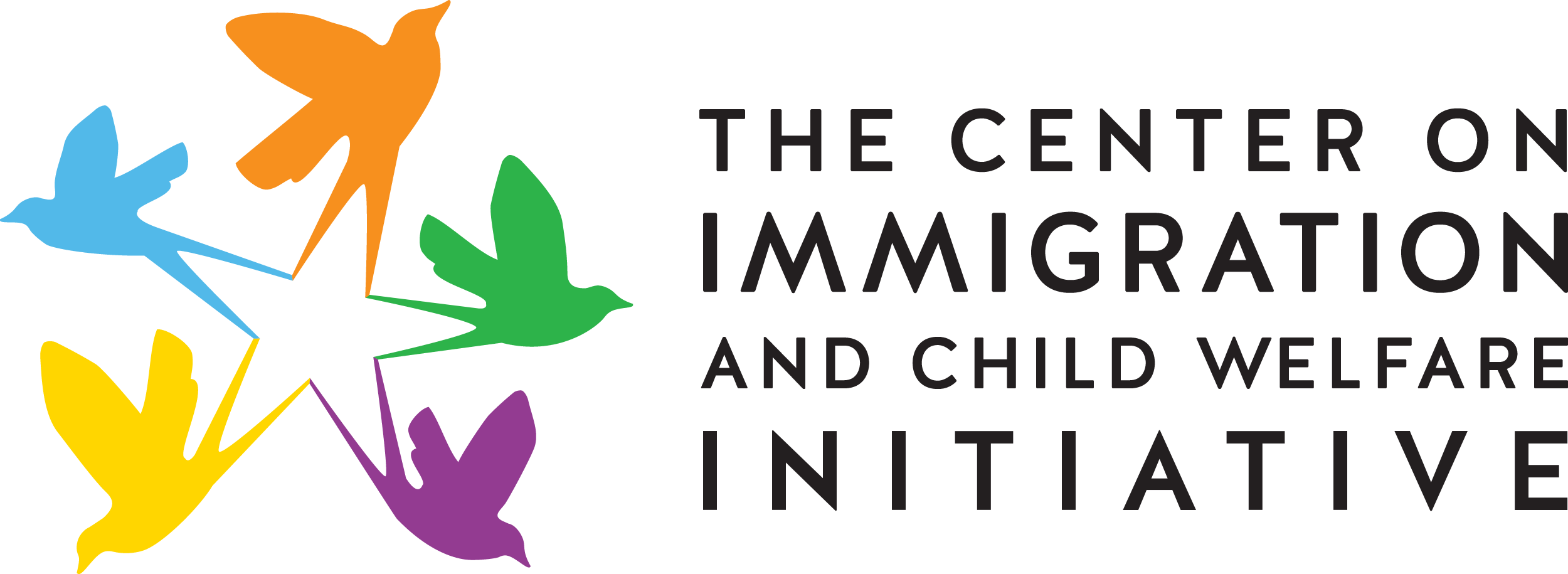Health Coverage of Immigrants
Kaiser Family Foundation (February 15. 2019)
This brief provides an overview of health coverage for non-citizens and discusses key issues for health coverage and care for immigrant families today.
Recommendations to Prevent and Address Sexual and Gender-based Violence in Central America’s Northern Triangle
Kids in Need of Defense (2018)
This resource reviews recommendations to prevent and address sexual and gender- based violence through justice sector reforms, child protection system reforms, services for victims, and SGBV prevention.
The Effects of Forced Family Separation in the Rio Grande Valley: A Family Unity, Family Health Research Update
Martha Ockenfels-Martinez, Sara Satinsky, and Jonathan Heller, Human Impact Partners & La Union del Pueblo Entero (October 2018)
This report lifts up how everyday activities, like driving, can result in severe consequences for children and families in the Valley. A minor traffic stop can snowball into the detention or deportation of a Rio Grande Valley community member. We chronicle how current practices around traffic stops, identification (ID) cards, and immigration enforcement are affecting the health and safety of the entire Rio Grande Valley.
Immigration policy, practices, and procedures: The impact on the mental health of Mexican and Central American youth and families
Stephanie Torres, Catherine Santiago, Katherine Walts, Maryse Richards, American Psychological Association (October 2018)
This paper reviews current immigration policies for arriving Mexican and Central American immigrants and links to mental health among documented and undocumented immigrant families and youth.
Love Without Borders: Grandfamilies and Immigration
Generations United (2018)
This report highlights the additional hurdles faced by grandfamilies who come together as a result of a parent’s detention or deportation. Those hurdles include restricted access to support and services to help meet the children’s needs, language barriers, and fear of government agencies.
Public Charge: A Threat to Children’s Health and Well-Being
CLASP (October, 2018)
This fact-sheet reviews the proposed Trump administration changes to the public charge rule, and their potential impact on children of immigrants.
Changing Public Charge Immigration Rules: The Potential Impact on Children Who Need Care
Leah Zallman and Karen Finnegan, California Health Care Foundation (October 23, 2018)
This issue brief discusses how the Trump administration changes to the public charge rule could impact Medicaid and Children’s Health Insurance Program (CHIP) enrollment among a particularly vulnerable group: low- and moderate-income children “in need of medical attention,” defined as children with a current or recent medical diagnosis, disability, and/or need for specific therapy.
The High Costs of the Proposed Flores Regulation
Philip E. Wolgin, Center for American Progress (October 19, 2018)
The Center for American Progress estimates that, over a decade, the proposed rule to dissolve the Flores Settlement, which would allow the Trump administration to indefinitely incarcerate children, would cost DHS slightly more than $2 billion at the low end, and as much as $12.9 billion at the high end.
Serving Separated and Reunited Families: Lessons Learned and the Way Forward to Promote Family Unity
Serving Separated and Reunited Families: Lessons Learned and the Way Forward to Promote Family Unity
Ashley Feasley, Melissa Hastings, Maria Celina Marquez, Dawnya Underwood, Sam Williams, & Nina Zelic, Migration and Refugee Services and Legal Immigrant Resource Center (October 18, 2018)
This report provides information on the social services offered by the U.S. Conference of Catholic Bishops/Migration and Refugee Services (USCCB/MRS) and the Lutheran Immigration and Refugee Service (LIRS) in response to the family separation crisis. It also highlights ongoing work and provides recommendations for policymakers, elected officials, and child welfare experts.

